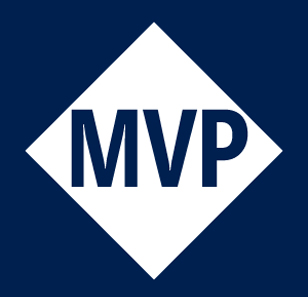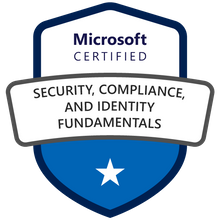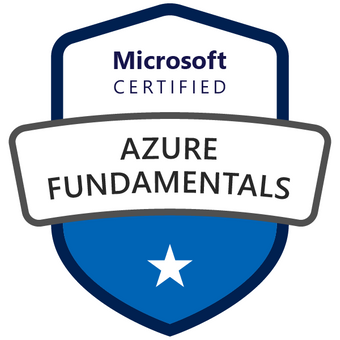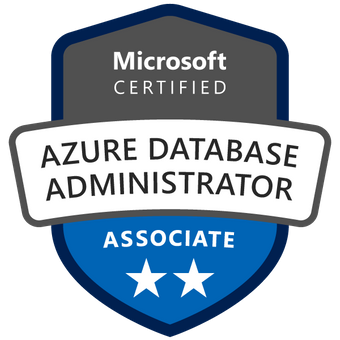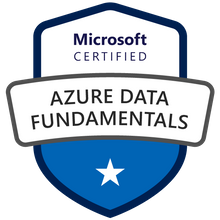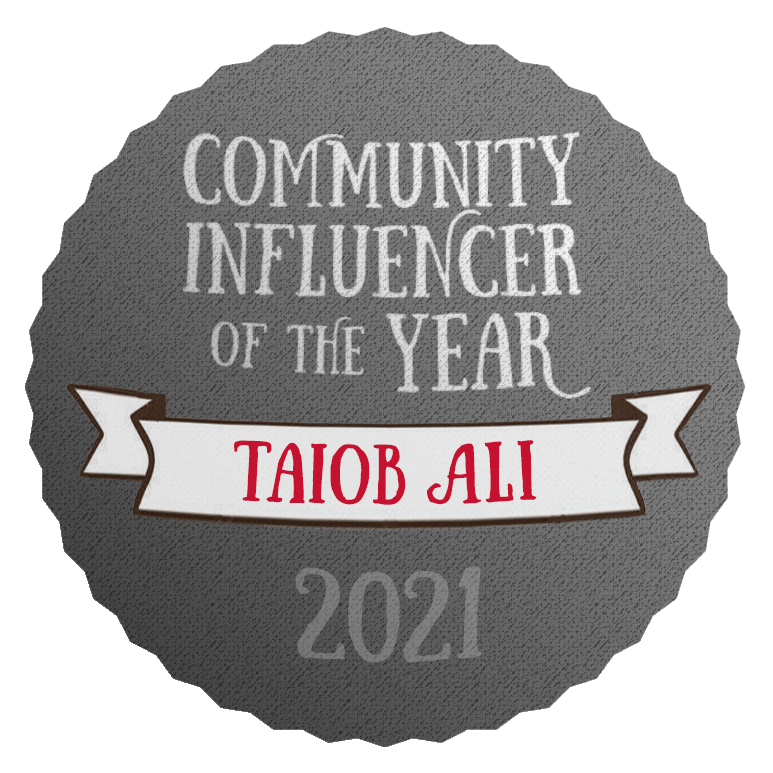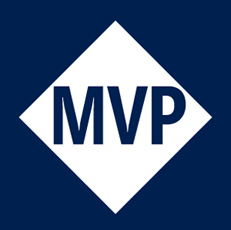TSQL Tuesday #189 Roundup
August 19, 2025
I would like to thank all the participants of T-SQL Tuesday #189. If I missed your post, it was not intentional. Please let me know, and I will add it to this list.
I am proud of this community and feel lucky to be a small part of it. I admire everyone who joined the blog party and shared their thoughts on how AI is changing our careers, as well as your thoughts on AI tools.
Andy Brownsword (blog): T-SQL Tuesday #189 – Me, Myself, and AI
Andy Brownsword describes how AI tools like ChatGPT and Copilot streamline daily tasks—turning fragmented Google searches into single prompts and replacing lengthy meetings with instant summaries and action points.
While AI hasn’t changed what Andy does professionally, it has transformed how tasks are approached—accelerating learning, troubleshooting, and delivery. The distinction between personal and organizational adoption is key to understanding its impact.
AI is reshaping the career landscape, influencing how professionals learn, share knowledge, and build personal brands. Andy emphasizes the need to understand and strategically utilize AI tools, especially as their influence grows and traditional traffic sources, such as Google, decline.
Andy Yun (blog): T-SQL Tuesday #189: Musings on AI’s Impact at Work
Initially dismissive of AI as a fad, Andy reflects on how firsthand experiences—such as seeing AI generate flawed research and bizarre images—sparked a deeper curiosity about its real-world applications.
Andy now uses AI tools to accelerate learning, especially in unfamiliar areas. Rather than relying on AI for final answers, they treat it as a “study buddy” that helps them explore new topics more efficiently.
AI has become a valuable assistant for drafting emails and documents, helping Andy express their ideas more clearly and confidently—especially when communicating with leadership.
Brent Ozar(blog): AI is Like Outsourcing. #TSQL2sday
Brent Ozar draws a parallel between how managers view AI and traditional outsourcing—both are seen as ways to reduce costs and increase efficiency, often without a full understanding of the technical implications.
Brent warns that this mindset can lead to unrealistic expectations, especially when managers assume AI can replace skilled professionals without considering the nuances of quality, context, and oversight.
The post encourages technical staff to proactively educate managers about AI’s capabilities and limitations, ensuring that adoption strategies are grounded in reality rather than hype.
Deborah Melkin(blog): T-SQL Tuesday #189 – AI All the Things!
Deborah (Deb the DBA) reflects on the growing pressure to regularly use AI tools, describing it as a “use it or be gone” environment that’s reshaping expectations in tech careers.
While acknowledging AI’s usefulness, Deborah expresses ambivalence—appreciating its capabilities but also feeling overwhelmed by the pace and breadth of change it brings 1.
The post examines how AI has become a pervasive presence, influencing not only work tasks but also how professionals perceive their roles and the future of the industry.
Kevin Chant(blog): T-SQL Tuesday 189 – How AI is changing my career
Kevin Chant highlights how tools like GitHub Copilot and Copilot in Edge have significantly improved his efficiency in tasks such as Python scripting and querying SQL databases within Microsoft Fabric 1.
Kevin observes a shift in how people approach certifications, noting that AI-powered platforms like Ask Learn, as well as the introduction of Microsoft Learn Docs and MCP Server, will be an integral part of the learning path.
The post emphasizes the importance of using AI responsibly, particularly in ensuring reliability and proper attribution, citing examples of hallucinations in GitHub Copilot and advocating for ethical AI practices.
Mala Mahadevan(blog): TSQL Tuesday #189: How is AI changing our careers
Mala uses ChatGPT for tasks like generating test data, reviewing blog tone, simplifying research papers, creating event art, and troubleshooting R programming—finding it helpful but not transformative.
Mala emphasizes maintaining a healthy relationship with AI—avoiding anthropomorphism or engaging in gimmicky interactions—and highlights ethical concerns, including the mental health impacts and environmental costs.
Mala advocates for a limited, informed use of AI, staying grounded in ethical principles and relying on trusted resources, such as Dr. Srini Pillay, Kate Crawford, and Eugene Meidinger, to navigate its evolving role in careers.
Paresh Motiwala: What do I do with AI as a SQL Developer especially dealing with Forensics?
The LinkedIn post outlines how to get T-SQL from a natural language prompt. For example:
- Detect suspicious login behavior, such as frequent failed login attempts and access outside business hours, using audit logs to flag potential security issues.
- Identify performance outliers—such as queries with sudden spikes in duration—and unusual access patterns to sensitive database objects, helping to maintain system integrity.
- Techniques such as Extended Events and temporal pattern analysis are used to identify anomalies in wait times, deadlocks, and shifts in query frequency, providing deeper insight into system behavior.
Rob Farley(blog): AI’s impact on careers
Many professionals utilize AI for tasks such as writing emails or coding, but they don’t feel that their careers have fundamentally changed; instead, they’re becoming more efficient with better tools.
As car ignition systems and programming languages have evolved, AI is now simplifying coding and system development through conversational interfaces and smart suggestions.
AI’s growing presence, especially through LLMs, is making its impact more visible. To remain relevant, professionals across industries must continuously update their skills and integrate AI tools into their workflows.
Steve Jones(blog): T-SQL Tuesday #189–AI and your Career
Steve Jones shares how AI tools, such as Copilot in VS Code, have helped him save time through small but frequent improvements—such as formatting suggestions and code completions—which add up meaningfully over weeks and months.
Steve sees promise in AI agents that could handle routine tasks via natural language, potentially easing his workload and improving productivity, even though he hasn’t fully embraced voice assistants like Siri or Google yet.
Steve is optimistic about using AI to learn new skills and techniques. While early experiments with web app generation were bumpy, he believes AI can help him grow as a developer—provided he can judge the quality of its output.
My own post is here.

